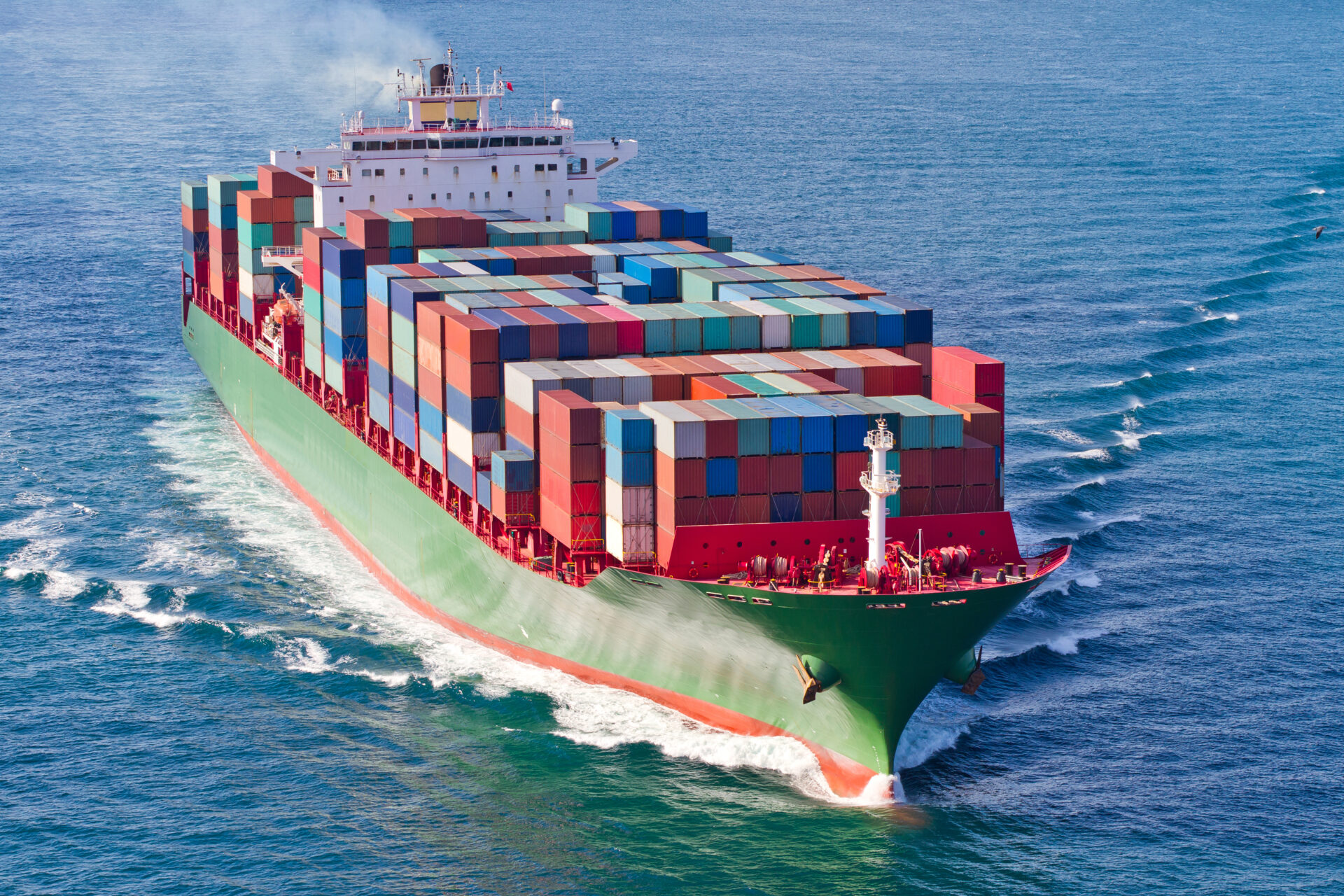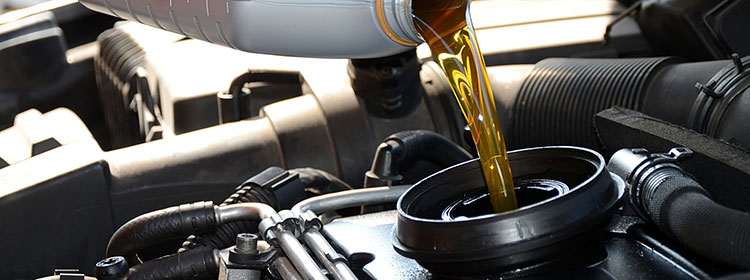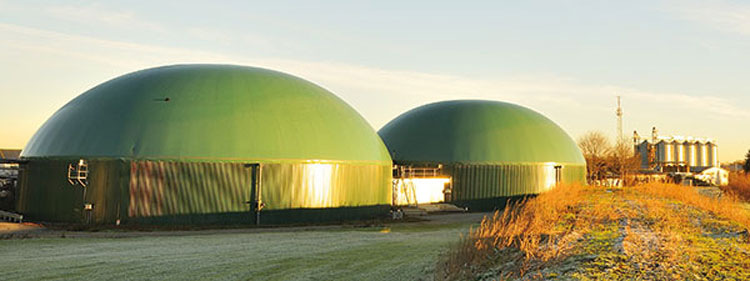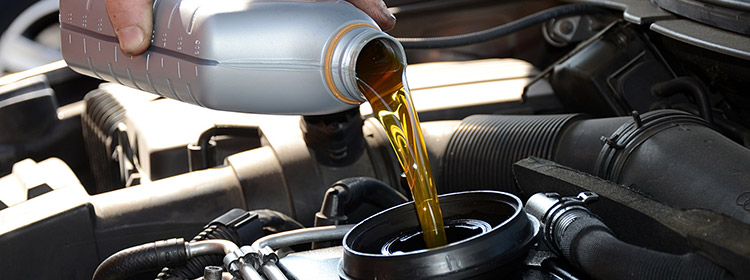Optimal lubrication for maximum performance of marine diesel engines
Proper lubrication of marine diesel engines is crucial for efficiency, longevity, and operational safety. In our 90-minute, practice-oriented online training course in English, you will learn how to optimally lubricate 2-stroke and 4-stroke engines and how lubricants are adapted to engine design, fuel type, and current MARPOL regulations.
You will learn how system and cylinder oils influence each other, what special features gas-powered marine engines have, and how regular oil analyses help prevent damage at an early stage. Real-world examples provide you with valuable knowledge for implementing lubrication processes efficiently and in compliance with legal requirements.
Invest in your technical expertise and ensure long-term operational reliability through professional lubrication!

- A solid understanding of the differences between 2-stroke and 4-stroke marine diesel engines
- Knowledge of the requirements for different types of lubricants
- Insight into current MARPOL guidelines and environmental impacts
- Understanding the interactions between system and cylinder oils
- Recognizing and evaluating oil analyses for damage prevention
- Practical application of lubrication strategies for different engine types

- Engineers and technicians in shipping
- Engineering and operations manager on board
- Employees in shipyards and maintenance companies
- Specialist personnel from lubricant and fuel suppliers
- Maritime engineering students






